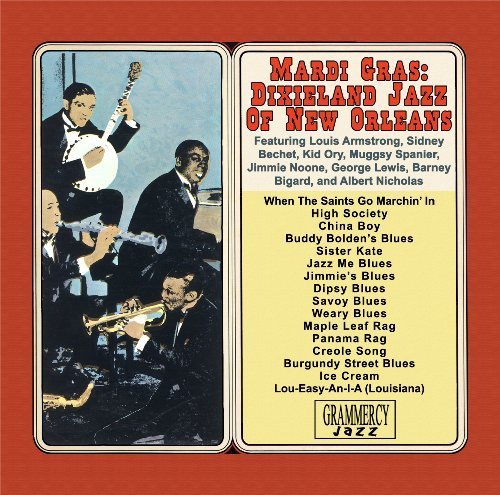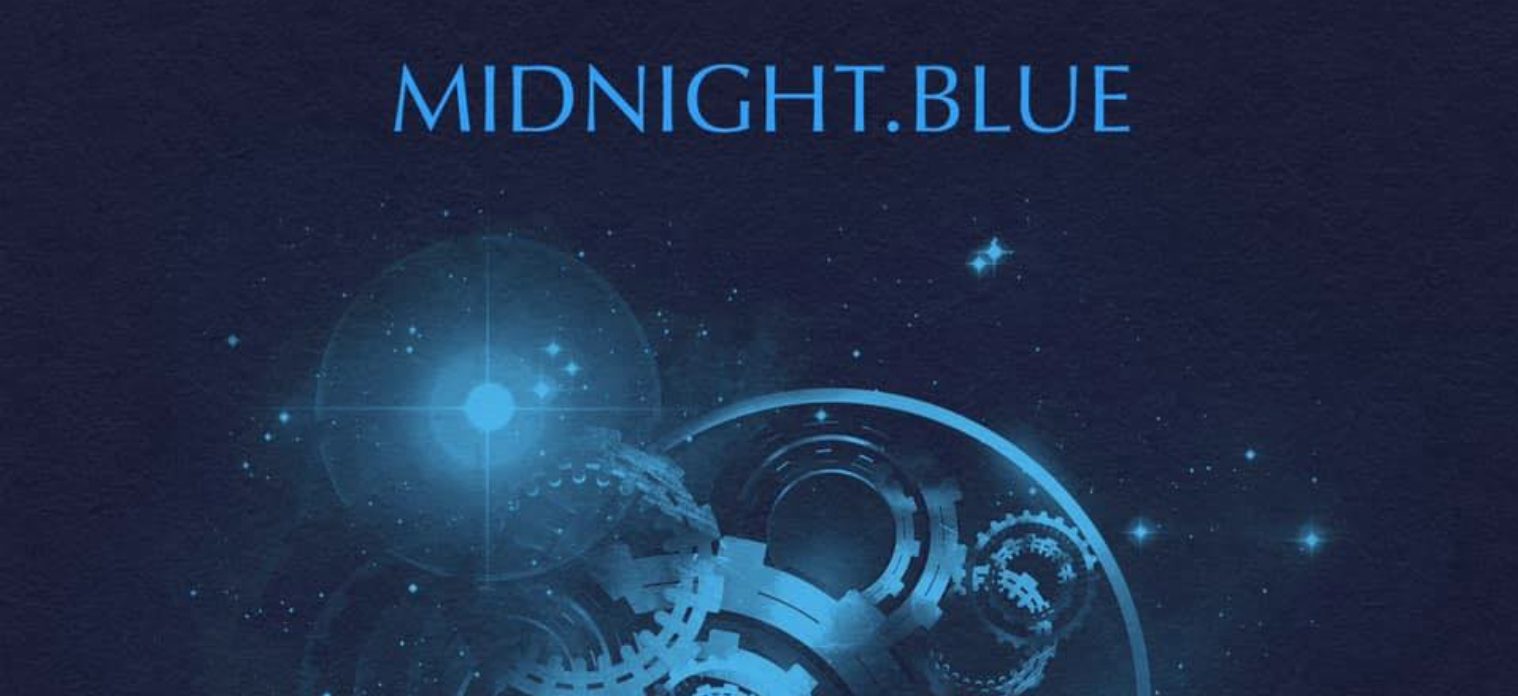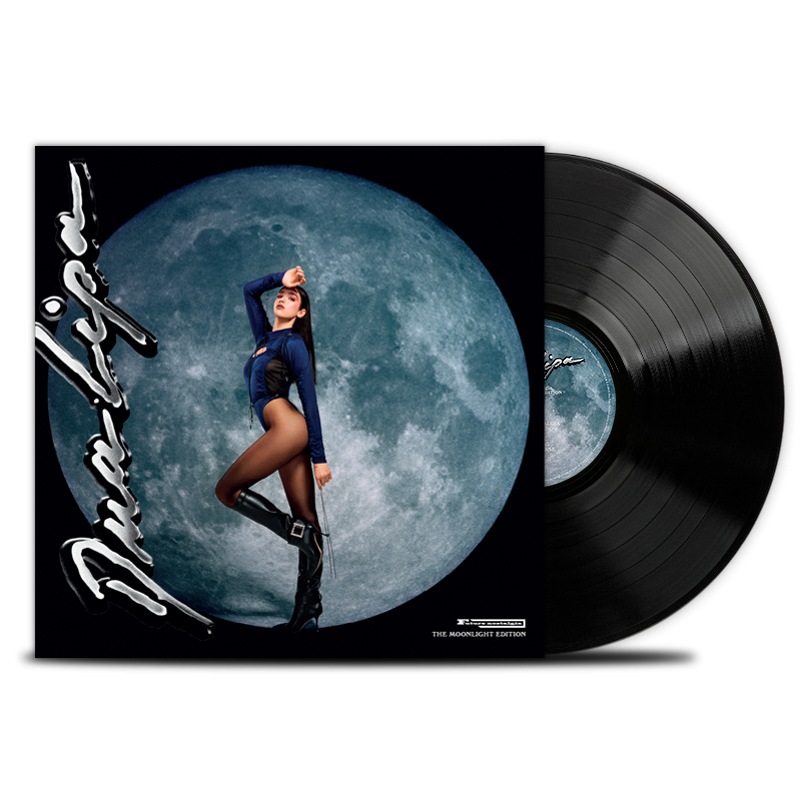As a native Philadelphian, I recall that the name of the band Japanese Breakfast had been floating around for awhile as something worth checking out, an important “local band,” as it were. Even so, I first became acquainted with Michelle Zauner’s music much later than I should have, perhaps in early 2019, and I was immediately aware that I had done myself a great disservice by not having followed up sooner on that buzz.
Certain tracks, especially “Machinist,” from her 2017 LP Soft Sounds From Another Planet, speak to a world-class level of visionary, singular artistry, delivered with overwhelming confidence, but they are also bookended with quieter and more subdued tracks, in which Zauner revels in her sometimes brutal, always self-effacing introspective capacities. If a given song from this record didn’t grab me on first listen, each time I revisited it, I always noticed some crystalline detail that I’d originally missed, some way in which it hit the target at dead center.
Sometime between the moment that I had begun to really catch onto Japanese Breakfast, and the impending release of Jubilee, it became clear that the situation had spilled far out of the container of “Philadelphia area act ready for their big national break” and that this was in fact one of the most anticipated albums of the year among a great number of people across the country.
I was awaiting the release with just as much trepidation as anticipation, because so many of my favorite Philadelphia bands that had gone before (Marah, anyone?) seemed to have shaken themselves to pieces and/or evaporated immediately upon contact with the national spotlight that accompanies fame outside the Tri-State Area. As it turns out, my fears were entirely unfounded.
I am happy to report that Japanese Breakfast has suffered absolutely no ill effects from any bright lights or NPR splash pieces: Jubilee is simply a classic album, and the very opening song “Paprika” (which Michelle wisely did not release in advance, only previewing the album via a couple of singles) is actually a direct meditation on such, reckoning with facing a truly huge audience, interviewing herself in apostrophe:
“How’s it feel to stand at the height of your powers, to captivate every heart? Projecting your visions to strangers, who feel it, who listen, who linger on every word?” As the crescendo of orchestral instruments builds behind her, she responds to herself, within the same stanza: “Oooooh… It’s a rush!”
Throughout Jubilee, it is quite clear that Zauner has an infinite palate of sounds now available to her, which can present another potentially dangerous crux for a musician, one that has bewildered and diluted many a great talent over the years. No worries here: JB has always had an incredible talent for interpolating and paying tribute to toweringly classic sounds, without devolving into pure pastiche, and this record is by far the most delicate balance of far-flung sounds that she has released thus far.

“Paprika” is a throwback to the not so distant orchestral folk/pop era, when Beirut was all the rage, along with throttled, processed synths and organs that recall Spencer Krug’s amazing work during the same era. “Kokomo, IN” could fit right in with the poppier late period of Cat Power, embellished with an achingly beautiful arrangement of both legato and pizzicato strings that enables Zauner’s inimitable wistful, longing vocals to shine brighter than ever.
Several songs on the album are synth-rock jams (such as “Be Sweet” and “Slide Tackle”) reminiscent of the incandescent Blood Orange work of the Cupid Deluxe era, but marked also with Michelle’s distinctive vocal work, which can be hard to classify, but is always highly effective and well-suited to the contexts in which she chooses to place it.
In the wake of effervescent uptempo singles “Be Sweet” and “Slide Tackle,” comes a perfect example of Zauner’s knack for changing gears after a series of bombastic songs, allowing her contemplative poetry to wash over the listener ambiently as a palate cleanser of sorts. “Posing in Bondage” is the ultimate low-BPM slow-burn JB song, with just enough motion in the droning backing track to carry it through to the crescendo.
A squall of bracing feedback announces “Sit,” giving way to a patient, multi-layered, fuzzy guitar sound reminiscent of Yo La Tengo, with amps turned up to the breaking point while vocals are breathed ethereally over the top of it all. The song is, without question, a highlight of the album, subdued and unobtrusive as it is.
Knowing what I know now about Michelle Zauner, she will take her time when it comes to following up on this record, continuing to tour with her brilliant live show (which I had the pleasure of witnessing) and soaking up the adulation of the mainstream. We need not fear that this will take anything away from her craft; it would be safer to assume that she will play off her success by cracking wise, perhaps even on Track 1 of her next album.
Check out the Album http://japanesebreakfast.rocks/
Summary:
Everything that fans enjoy about Japanese Breakfast’s previous work has been refined here to crystalline perfection. No other working pop artist can match the range of styles and moods that are represented on this album. Brief detours into meandering instrumental work are quickly corrected, and there is plenty to dig into: after ten spins of Jubilee, most people will still just be scratching the surface of one of the most subtle and complicated pop records ever released.
Lyrics: 9/10 – Zauner is renowned for her literary flourishes (her memoir of her youth, Crying in H-Mart, is a massive hit in its own right) and only occasionally strays into inscrutable or solipsistic territory. Her supreme confidence serves her well here.
Sound: 9/10 – Japanese Breakfast, the backing band, are irreproachable masters of their craft. Zauner’s arrangements are so original, yet so reverent to classic genres, that the album stands in a space of its own, combined innovation and tribute. A couple of the slower songs, especially Posing in Bondage, overstay their welcome with instrumentation that is too repetitive or sparse, preventing me from issuing the 10/10 that I wished I could grant it.
Originality: 10/10 – Michelle Zauner sounds like nobody else, and as she writes so often from sublime personal experiences, it’s safe to say that she embodies the cure for the commonplace pop song. It’s especially interesting to note that she is doing so as a young female artist who is just now breaking into the mainstream. The risks that she takes in her work are myriad and immeasurable, and the work is always the better for it.
Final Score: 9.3/10
Author: Chris Ryan























